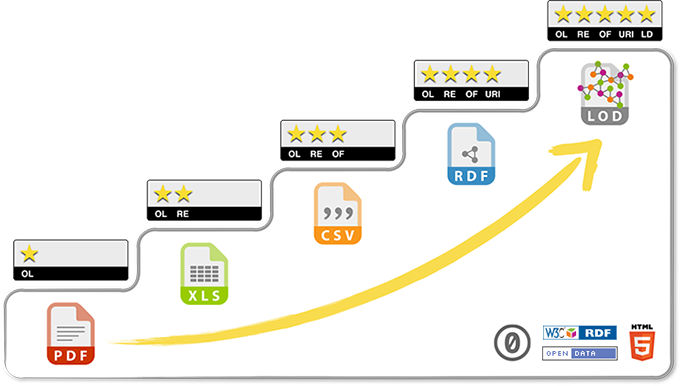In fact, Rory McGreal adamantly argues that CC-BY-NC material is too restrictive to be called “OER”. We had a short exchange about this. In Quebec’s Cégep system, NC was the rule for reasons which are probably easy to understand. So the focus is on licenses, in this scene, not on practices. Hence the whole thing about Open Textbooks. Often made me wonder if any of these people had compared textbook-based teaching to any of the other modalities.
In my teaching, textbooks are a problem, even when they’re open. Sure, some of those problems can be solved when you have access to the code and can produce your own textbook from that. That’s the typical solution offered in the GitHub sphere:
Just Fork It!
But the core problem remains: if you’re teaching with a textbook, you may not really be building knowledge with learners.
(Should probably move this here.)

